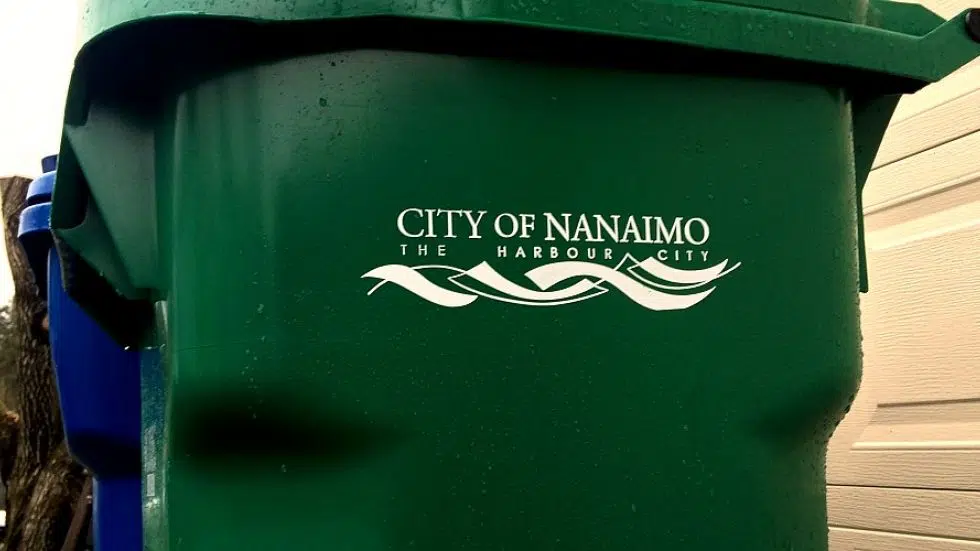
‘The most bizarre:’ City finds piece of animal carcass in green bin
NANAIMO — The City of Nanaimo’s green bins can take anything from beans to bones — as long as those bones didn’t come from wild game.
The City posted perhaps one of its most bizarre messages on social media on Monday, reminding people “animal carcasses are not acceptable in the green cart for composting.”
David Thompson, the City’s manager of sanitation and recycling, said what appeared to be a large deer hip or shoulder was found in a load of organics last week.
“Clearly it was from a hunting operation. That’s way above and outside what we’d expect in the green bin. Anything that is generated from your kitchen scraps, turkey bones or chicken carcasses and things like that, certainly that can be easily handled. But when it comes to bigger animals there are other methods that are more suitable.”



